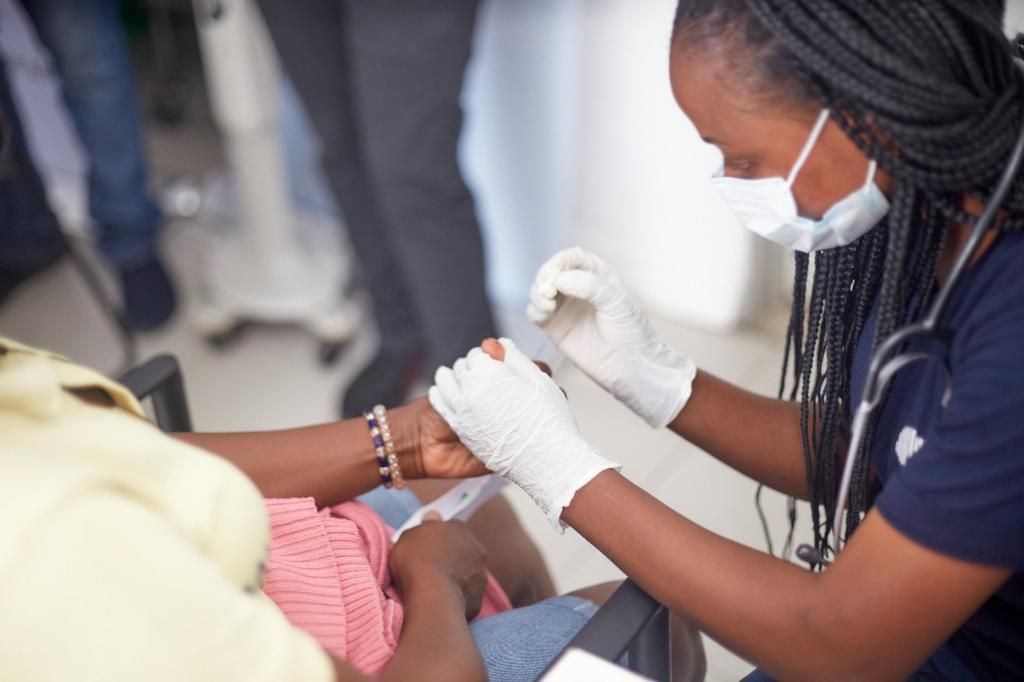Advances in technology and improved practices in disease management are resulting in better treatment options and expanded access to care. Recent progress in telemedicine, diagnostics, and local pharmaceutical production are contributing to more reliable and effective health services.
Government and private sector initiatives are working together to address long-standing challenges such as funding and infrastructure.
As these improvements continue to develop, the overall quality of care rises, benefiting patients across urban and rural areas. This guide examines 5 areas where advances shape wellbeing in Nigeria.
Telemedicine and Remote Consultations
Telemedicine services are expanding access to healthcare in both urban and rural settings. Remote consultations via video calls and mobile applications allow patients to receive timely medical advice without the need for travel. This development eases pressure on physical healthcare facilities and improves service delivery, particularly in areas with limited medical infrastructure.
Enhanced Diagnostic Technologies
Recent improvements in diagnostic equipment and testing methods have led to quicker and more accurate detection of diseases. Locally developed diagnostic kits are now more affordable and accessible, enabling early intervention for conditions such as malaria, diabetes, and hypertension. These enhancements contribute to better treatment outcomes and improved public health management.
Growth in Local Pharmaceutical Production
There is a strong move toward increasing the production of essential medicines within Nigeria. By investing in local manufacturing, the healthcare system reduces its reliance on imported drugs, lowers costs, and ensures a steadier supply of quality medications. This focus on domestic production supports treatment efficacy and contributes to overall health system resilience.

Healthcare System Reforms
Government initiatives are actively working to improve healthcare delivery through reforms aimed at strengthening infrastructure, increasing funding, and expanding insurance coverage. These measures target persistent challenges such as workforce shortages and inadequate primary care facilities, leading to a more efficient and accessible healthcare system for all Nigerians.
Public-Private Partnerships in Health
Collaborative efforts between government bodies and private organizations are driving improvements in healthcare services. Joint investments in training, research, and infrastructure development have enhanced service quality and extended reach. These partnerships foster a shared commitment to sustainable healthcare improvements, benefiting communities nationwide.
Collectively, these developments enhance healthcare delivery and ensure better access to effective and affordable care for Nigerians. Continued support for these initiatives is essential for achieving long-term improvements in public health.

)
)
)
)
)
)
)
)
)
)
)
)
)